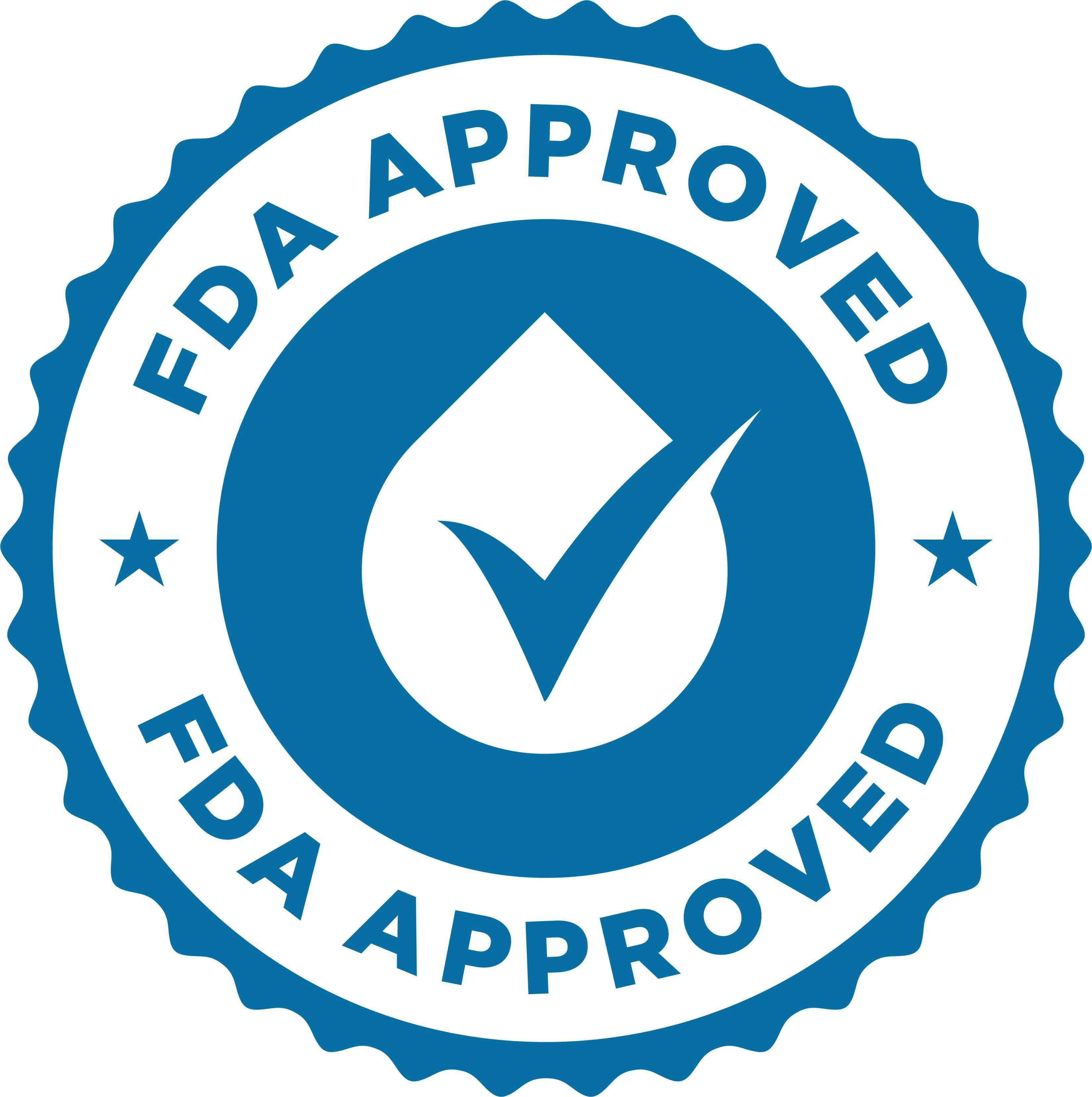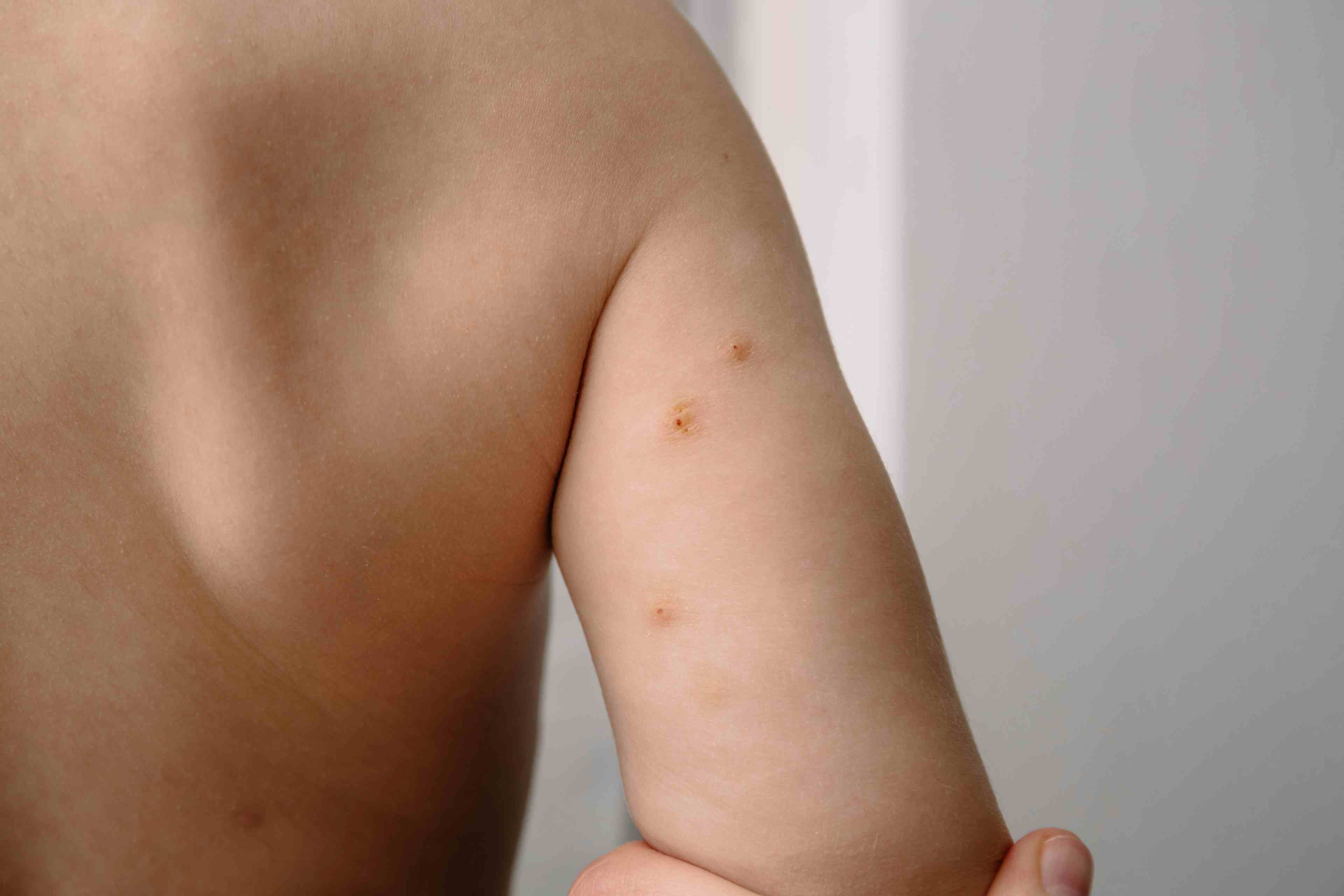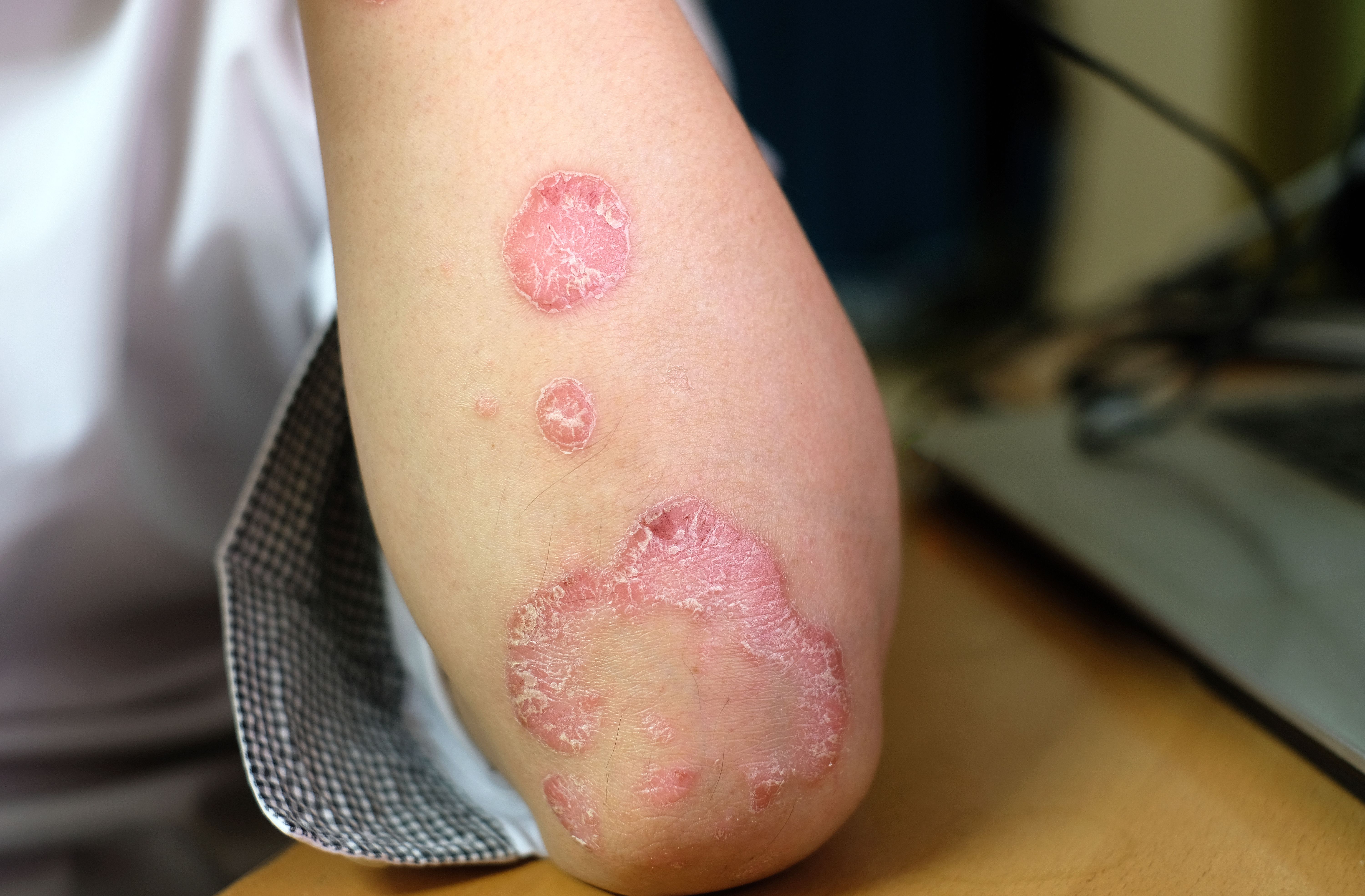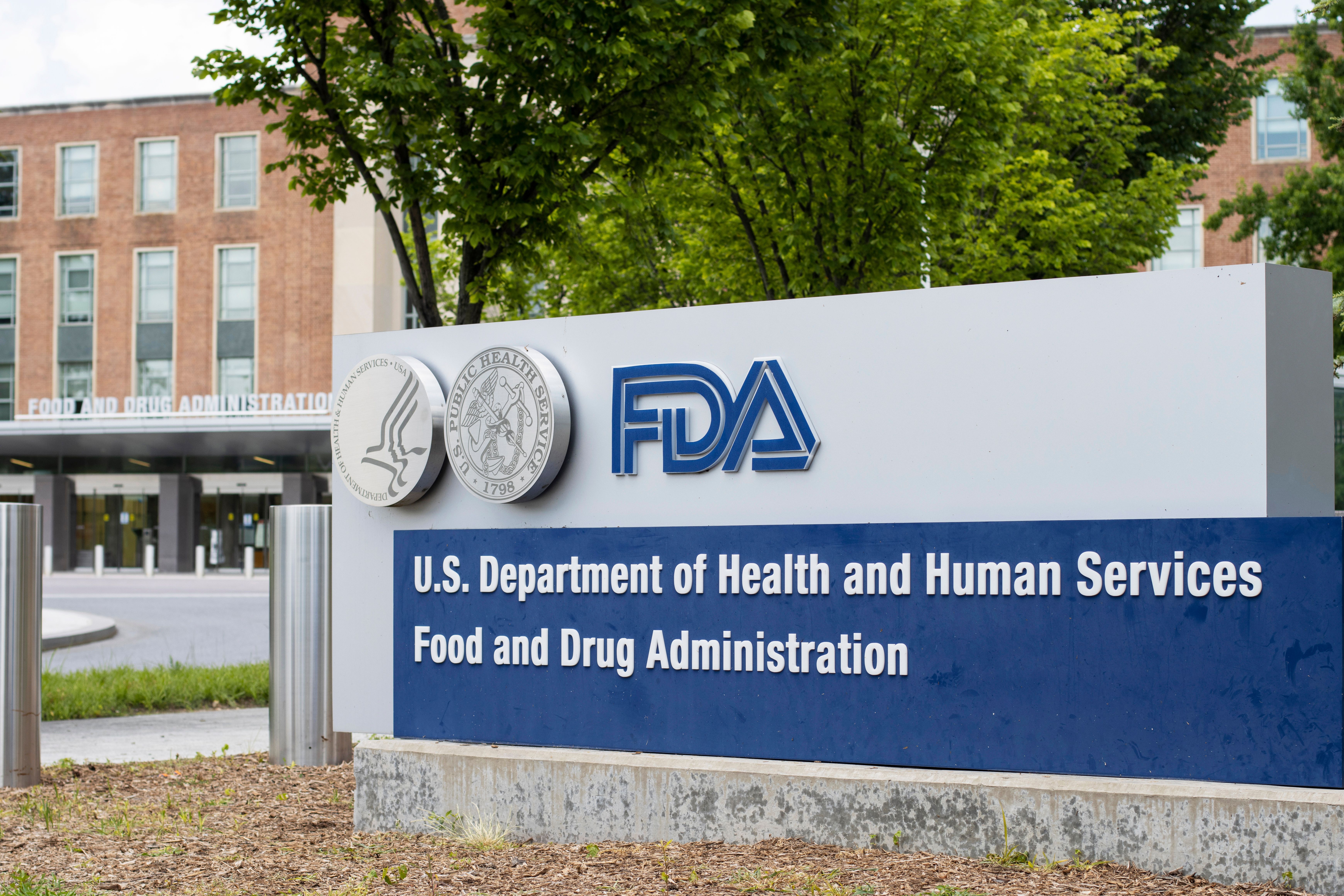- Acne
- Actinic Keratosis
- Aesthetics
- Alopecia
- Atopic Dermatitis
- Buy-and-Bill
- COVID-19
- Case-Based Roundtable
- Chronic Hand Eczema
- Chronic Spontaneous Urticaria
- Drug Watch
- Eczema
- General Dermatology
- Hidradenitis Suppurativa
- Melasma
- NP and PA
- Pediatric Dermatology
- Pigmentary Disorders
- Practice Management
- Precision Medicine and Biologics
- Prurigo Nodularis
- Psoriasis
- Psoriatic Arthritis
- Rare Disease
- Rosacea
- Skin Cancer
- Vitiligo
- Wound Care
Article
April FDA Approvals to Watch
Author(s):
Explore the dermatologic drugs the FDA will make a decision to approve during April 2021.
The FDA plans on making a decision on whether to approve 2 new drugs during the month of April. These drugs include benzoyl peroxide (Epsolay, Sol-Gel) for the treatment of papulopustular rosacea (PPR) and abrocitinib (PF-04965842, Pfizer) for the treatment of atopic dermatitis (AD).
Epsolay
-PDUFA date set for April 26, 2021
Epsolay is a 5% microencapsulated benzoyl peroxide cream, and, if approved, could be the first single-agent benzoyl peroxide prescription drug approved by the FDA, according to a press release form Sol-Gel.1
Sol Gel’s patented microencapsulation technology works by encapsulating the benzoyl peroxide inside porous silica microcapsules, according to the company.2 This generates a barrier between the skin and the drug—with the microcapsules dispensing doses while the barrier reduces benzoyl peroxide’s oxidative effect—the primary cause of skin irritation.
The FDA initially accepted the New Drug Application (NDA) filing for Epsolay in September 2021, and is supported by positive data from 2 phase 3 trials investigating the safety and efficacy of Epsolay in patients with PPR.
In both trials, the benzoyl peroxide topical treatment demonstrated a statistically significant improvement in both co-primary endpoints, including a) a proportion of patients achieving “clear” or “almost clear” according to the Investigator Global Assessment (IGA) scale and b) an absolute mean reduction from baseline in inflammatory lesion count beginning as early as week 2 and held through week 12.1
Additionally, Epsolay showed a favorable safety and tolerability profile comparable to vehicle. The most common adverse reactions occurring in the application were mild to moderate pain, erythema and pruritus, all of which were seen in less than 1% of Epsolay patients.1
Abrocitinib
-PDUFA date under priority review set for April 2021
Abrocitinib is a once-daily, oral Janus kinases 1 (JAK1) inhibitor for moderate to severe AD in patients 12 years and older. Inhibition of JAK1 is said to influence interleukin (IL)-4, IL-13, IL-22, IL-31 and interferon gamma–all of which are thought to be involved in the pathophysiology of AD.
The drug was granted a Breakthrough Therapy designation from the FDA in February 20183 and given Priority Review designation in October 2020.4
These fillings are supported by positive results from studies in the abrocitinib JAK1 Atopic Dermatitis Efficacy and Safety (JADE) global development program. The submitted studies include JADE MONO-1 and JADE MONO-2, which investigated abrocitinib as a monotherapy; and JADE COMPARE, which evaluated the drug compared to placebo in patients on background topical therapy while also comparing the drug to an active control arm consisting of dupilumab (Dupixent, Sanofi and Regeneron) vs placebo.
In JADE COMPARE5, abrocitinib met all co-primary endpoints and both doses (100 mg and 200 mg) of abrocitinib demonstrated superiority over placebo at week 16 and was sustained until week 16.
Meanwhile, results from JADE MONO-16 also met all co-primary and secondary endpoints, including a proportion of patients who achieved an IGA score of 0 or 1 and at least a 2-point improvement, and a proportion of patients who achieved 75% or more change from baseline in their Eczema Area and Severity Index (EASI) score. Secondary endpoints included a proportion of patients achieving a 4-point or more reduction in itch severity measured with the pruritus numerical rating scale (NRS) and the magnitude of decrease in the Pruritus and Symptoms Assessment for Atopic Dermatitis (PSAAD).
Additionally, results from JADE MONO-27 met all primary and secondary endpoints while demonstrating statistical superiority to placebo. Investigators reported both doses (100 mg and 200 mg) of abrocitinib subjects achieved EASI-75, EASI-90, PP-NRS and IGA responses in a greater proportion vs placebo.
References:
- Sol-Gel Technologies Announces FDA Acceptance for Filing of New Drug Application for Epsolay® for the Treatment of Inflammatory Lesions of Rosacea: Sol-Gel. (2020, September 10). Retrieved April 1, 2021, from https://ir.sol-gel.com/news-releases/news-release-details/sol-gel-technologies-announces-fda-acceptance-filing-new-drug
- Petronelli, M. (2020, March 3). Sol-Gel's rosacea cream may offer patients rapid relief. Retrieved April 1, 2021, from https://www.dermatologytimes.com/view/sol-gels-rosacea-cream-may-offer-patients-rapid-relief
- PFIZER ANNOUNCES POSITIVE TOP-LINE RESULTS FROM THIRD PHASE 3 TRIAL OF ABROCITINIB FOR MODERATE TO SEVERE ATOPIC DERMATITIS, WHICH SHOWED IMPROVEMENTS IN SKIN CLEARANCE, DISEASE EXTENT AND SEVERITY, AND ITCH. Pfizer. Published March 18, 2020. Accessed April 1, 2021. https://www.pfizer.com/news/press-release/press-release-detail/pfizer_announces_positive_top_line_results_from_third_phase_3_trial_of_abrocitinib_for_moderate_to_severe_atopic_dermatitis_which_showed_improvements_in_skin_clearance_disease_extent_and_severity_and_itch
- FDA grants priority review and ema accepts regulatory submission for pfizer’s abrocitinib, an oral once-daily jak1 inhibitor, for patients 12 and up with moderate to severe atopic dermatitis. Published October 27, 2020. Accessed April 1, 2021. https://www.businesswire.com/news/home/20201027005434/en/FDA-Grants-Priority-Review-and-EMA-Accepts-Regulatory-Submission-for-Pfizer%E2%80%99s-Abrocitinib-an-Oral-Once-Daily-JAK1-Inhibitor-for-Patients-12-and-Up-with-Moderate-to-Severe-Atopic-Dermatitis
- Pfizer reports positive results from third Phase III study of JAK1 inhibitor abrocitinib in atopic dermatitis. FirstWord Pharma. Published March 18, 2020. Accessed April 1, 2021. https://www.firstwordpharma.com/node/1709141?al=3a2380-a882871cf1564cc5f229595ac3bb61d7^|^MTEwOTcyOA==^|^NQ==&cp1=bmV3c2xldHRlcl9yZWdpb25faWQ9dG9wX25ld3M
- Pfizer’s experimental drug abrocitinib hits all primary, secondary goals of Phase III study for atopic dermatitis. Accessed April 1, 2021. https://www.firstwordpharma.com/node/1641083
- Complete Results from Second Pivotal Monotherapy Study of Abrocitinib Published in JAMA Dermatology. Published June 2, 2020. Accessed April 1, 2021. https://investors.pfizer.com/investor-news/press-release-details/2020/Complete-Results-from-Second-Pivotal-Monotherapy-Study-of-Abrocitinib-Published-in-JAMA-Dermatology/default.aspx
Newsletter
Like what you’re reading? Subscribe to Dermatology Times for weekly updates on therapies, innovations, and real-world practice tips.















